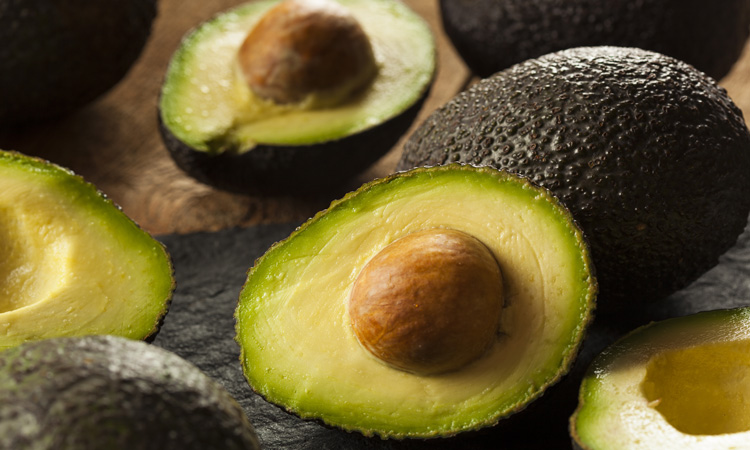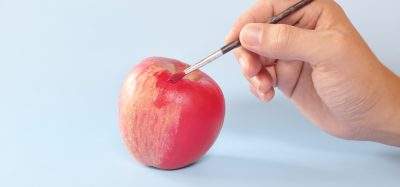Laser and vibration test could reduce avocado waste
- Like
- Digg
- Del
- Tumblr
- VKontakte
- Buffer
- Love This
- Odnoklassniki
- Meneame
- Blogger
- Amazon
- Yahoo Mail
- Gmail
- AOL
- Newsvine
- HackerNews
- Evernote
- MySpace
- Mail.ru
- Viadeo
- Line
- Comments
- Yummly
- SMS
- Viber
- Telegram
- Subscribe
- Skype
- Facebook Messenger
- Kakao
- LiveJournal
- Yammer
- Edgar
- Fintel
- Mix
- Instapaper
- Copy Link
Posted: 6 May 2020 | Sam Mehmet (New Food) | No comments yet
Researchers have developed a test which could reduce avocado waste by 10 percent and help meet consumer demands for “ready-to-eat” fruit.


A technique for measuring the ripeness of avocados could reduce waste by up to 10 percent and help fulfil consumer demand for ready-to-eat fruit, according to researchers at Cranfield University.
The technology uses a laser and small vibration to test the individual fruits’ resonant frequency, designed to give a reliable assessment of ripeness without damaging the avocado.
Up to 30 percent of avocado fruit are currently wasted due to damage caused by testing during grading, with a further five percent loss at retail. The current way to test ripeness is through a pneumatic device which pushes into the fruit, or manual testing.
Cranfield University adapted a technology more often used in automotive factories to test the uniformity of large engineered parts. Laser Doppler vibrometry (LDV) beams a laser at the fruit to measure refracted light and uses small vibrations to test the resonant frequency.
The vibrations are caused by a simple automated impact device which taps the fruit. The LDV test was proven to accurately predict the ready-to-eat stage of avocado fruit.
“Hard fruits create a higher frequency than soft fruits, so we calculated the perfect frequency for a ripe avocado and accurately measured this with the LDV test. Leaving the fruit undamaged is of great benefit and vastly reduces waste. The test we have developed could be extended to other fruits,” said Professor Leon Terry, Director of Environment and Agrifood at Cranfield University.
With the UK importing nearly 100,000 tonnes of avocados a year and the fruit increasingly in demand, predicting ripeness is of great benefit to suppliers and retailers, the researchers argued.
Related topics
Food Waste, Research & development, Technology & Innovation, The consumer







